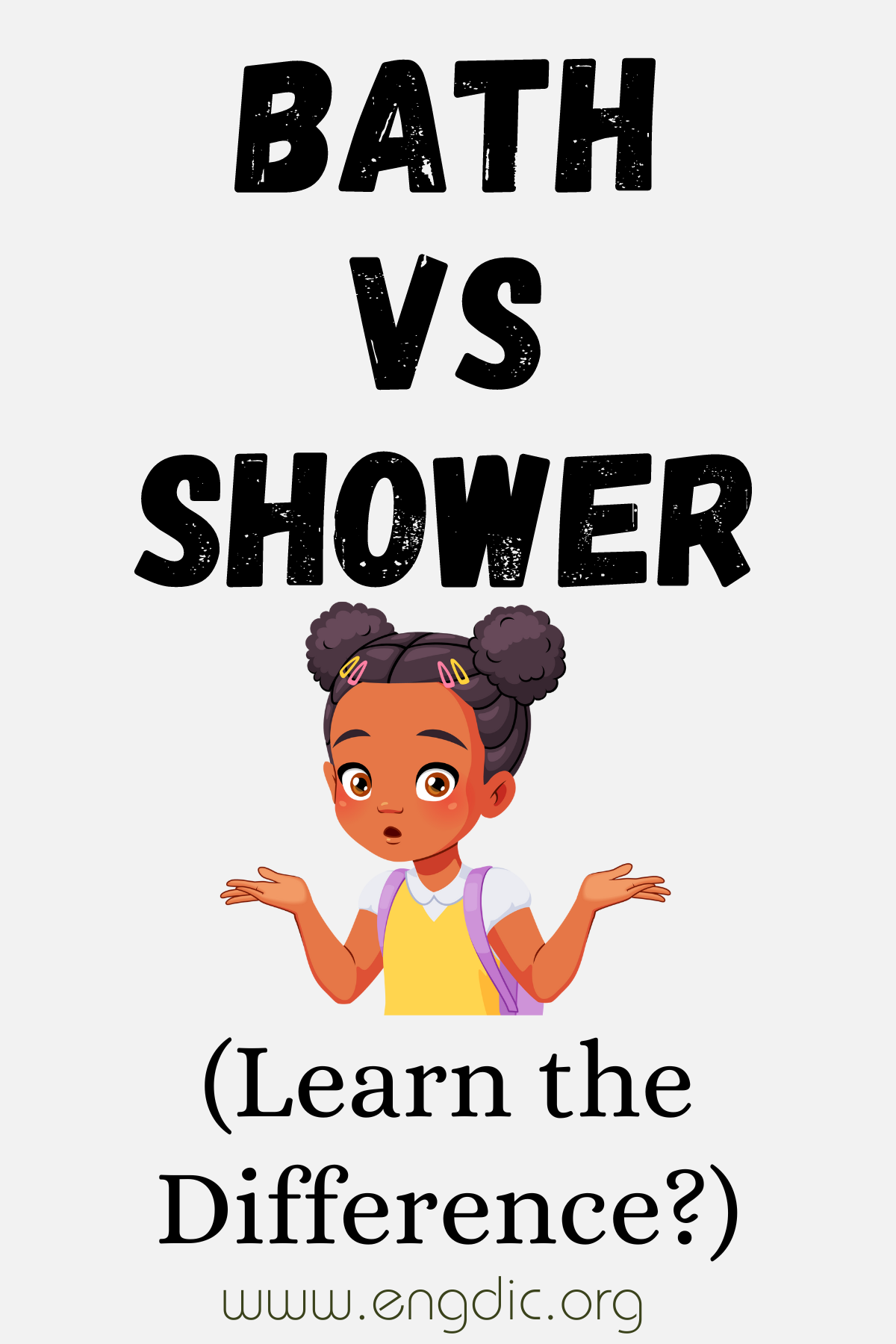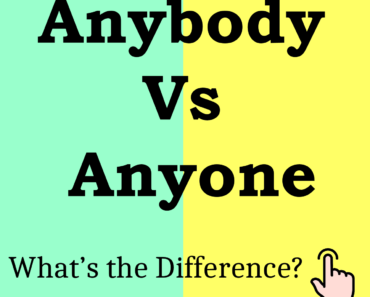The primary difference between a bath and a shower lies in how water is used for cleansing.
- A bath involves submerging the body in a tub filled with water, often accompanied by soaps, salts, or oils for relaxation.
- In contrast, a shower utilizes a steady stream of water from above, efficiently washing the body without immersion.
Baths provide a more leisurely experience, conducive to relaxation, while showers are quicker, making them ideal for daily hygiene.
Bath
Definition: A bath is an act of soaking in a large container of water, typically a bathtub, for the purposes of cleaning or relaxation.
Usage:
- Relaxation: Baths are known for providing a therapeutic experience. Adding bath salts, oils, or bubbles enhances relaxation. Example: After a long day, Emma enjoyed a warm bath with lavender oil to unwind.
- Hygiene: While slower than a shower, a bath allows for a thorough cleaning of the body by soaking. Example: Taking a bath helped cleanse every inch of Jason’s skin thoroughly.
- Therapeutic Purposes: Baths can be used for specific health conditions like soothing sore muscles. Example: A warm bath with Epsom salt eased Mia’s muscle pain.
Shower
Definition: A shower is the process of bathing where water flows over the body, usually from a showerhead, for cleansing purposes.
Usage:
- Efficiency: Showers provide a fast way to cleanse the body. Example: In a rush, Tom took a quick shower before heading out.
- Hygiene: A steady water stream ensures the effective removal of sweat and dirt. Example: After his workout, Mark felt refreshed after a cold shower.
- Environmental Impact: Showers, especially short ones, can use less water compared to baths. Example: Sarah opted for a 5-minute shower to save water.







